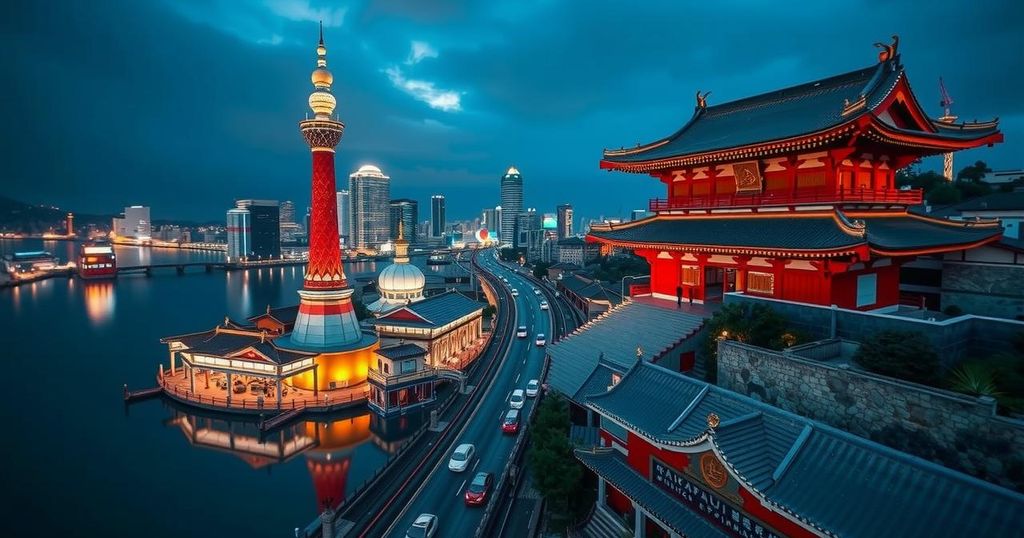India’s Strategic Engagement with Bangladesh Amidst Political Transition
The recent political shifts in Bangladesh, particularly following the resignation of Prime Minister Sheikh Hasina and the establishment of a caretaker government under Muhammad Yunus, present a renewed opportunity for Pakistan to rehabilitate its diplomatic presence in Dhaka after years of marginalization. Key figures within this interim administration, notably student leader Nahid Islam, have initiated discussions regarding the potential resolution of historical grievances dating back to the 1971 conflict, indicating a willingness to strengthen ties with Islamabad. The Pakistani envoy’s proactive engagement illustrates a strategic effort to rekindle relations that had reached a nadir under Hasina, whose government had prosecuted several leaders of the Bangladesh Jamaat-e-Islami under war crimes allegations tied to the liberation struggle. This legal approach was primarily aimed at addressing collaboration with Pakistan during a pivotal time in Bangladesh’s history, a sentiment that remains deeply ingrained in the national conscience.
The political landscape has shifted dramatically with the fall of Hasina, which has been catalyzed by a student-led movement seeking to re-evaluate historical narratives, including the role of Hasina and her party, the Awami League, in the independence movement. It is crucial to understand that the expressions of interest in reconciliation with Pakistan from the interim government must be viewed with caution and in context.
While Bangladesh is sovereign and entitled to foster relationships that align with its national interests, the Indian government maintains a vested interest in the situation. Policymakers in New Delhi retain vivid memories of Pakistan’s historical utilization of Bangladeshi territory for activities detrimental to India’s national security. It is imperative that India seeks to assert its influence in Dhaka, particularly in light of the potential emergence of a triad involving Dhaka, Islamabad, and Beijing, which could pose significant geopolitical challenges for India.
Furthermore, India should assure the interim government of its commitment to fostering mutually beneficial economic, energy, and infrastructural connectivity. Developing a cooperative relationship is essential not only for Bangladesh’s growth but also for regional stability. India’s approach must remain consistent, apolitical, and centered on enhancing bilateral relations, irrespective of the prevailing political party in power in Dhaka. Such a strategy will facilitate a more robust partnership that serves the best interests of both nations and supports sustainable development in the region.








Post Comment